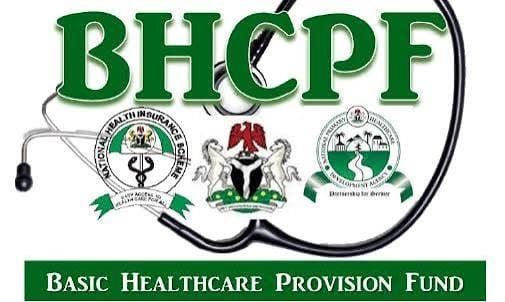
ABUJA, Nigeria – Behind Nigeria’s high maternal and infant death rates lies a silent crisis: poor nutrition in pregnancy. For millions of expectant mothers, rising food prices, weak health systems, and harmful food taboos make it nearly impossible to eat well. The result is tragic babies born too weak to survive, mothers lost to preventable complications, and families trapped in cycles of poverty.
In this report, Koko Maxwella, explores the daily struggles of pregnant women across Nigeria, the cultural and economic barriers they face, and the solutions experts say can save lives.
The Harsh Reality: Diets That Fail Mothers and Babies
For Aisha, 28, a typical day is pap in the morning, rice in the afternoon, beans at night—vegetables and fruits only when affordable.
Grace, 30, admits she often skips vital supplements because clinics run out and she cannot buy them elsewhere.
This is not rare. More than 54% of pregnant women in Nigeria are anaemic, leaving both mother and baby vulnerable.
Cultural Barriers: Food Taboos That Harm
In many Nigerian communities, pregnant women are discouraged from eating eggs, snails, or certain meats. These restrictions deny women essential protein and micronutrients at the very time they need them most.
Expert Warnings: Health at Risk
Dr. Muhamed Dangana, paediatrician, explained: “Nutrition is the foundation of safe pregnancy. Poor diets fuel anaemia, haemorrhage, and preterm labour. For babies, it determines brain development, birth weight, and survival.”
A public health nutritionist, Dr, Omotala Davis told African Health Report that, “Weak health systems, inflation, and cultural taboos combine to endanger both mothers and babies. This is a silent emergency.”
Data That Demands Attention
According to data by UNICEF and the World Health Organisation, (WHO), 54% of pregnant women in Nigeria are anaemic, 12% of hospital deliveries result in low-birth-weight babies and
7 million children are stunted due to poor maternal diets
Nigeria contributes 20% of global maternal deaths
Families Struggling with Rising Prices
Mr. Chukwu, whose wife is expecting, said: “Even beans and vegetables are costly now. Balanced diets are a dream for poor families.”
Mr. Musa, another expectant father, added: “A healthy baby starts with a healthy mother. But without support, we are helpless.”
The Way Forward: Practical Solutions
Experts recommend urgent measures, including:
Iron–folic acid tablets in every antenatal clinic
Food fortification with iron and folate
Nutrition counselling focused on affordable local foods
Community campaigns to challenge harmful food myths
Food vouchers/social protection to shield poor families from inflation
Nigeria cannot reduce maternal and child deaths without tackling nutrition in pregnancy. Good food is not a luxury—it is a lifeline.
Unless urgent action is taken, thousands more women and babies will die needlessly each year. As Dr Dangana stressed:
“Nutrition is not an optional extra. It is the backbone of survival.”




